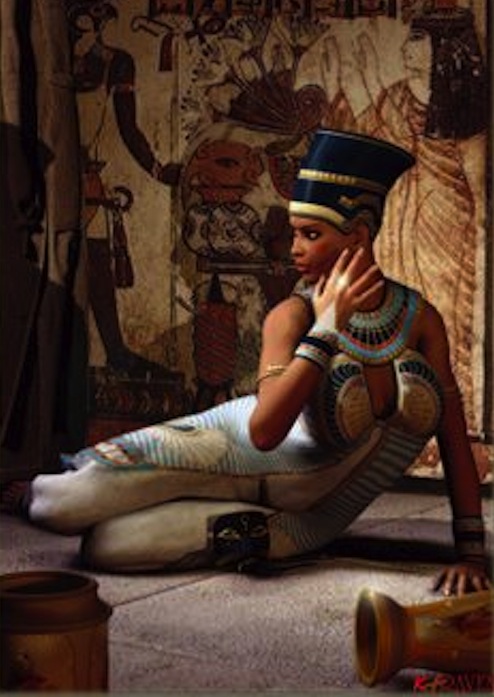Power Structure
In ancient Rome, women were excluded from publicly recognized offices. Although they increasingly obtained social freedom and a considerable measure of independence under private law, their status in public law remained severely restricted. Nevertheless, indirectly they played an important and often decisive role in the course of Rome’s political history. In Africa, the fact that there had been women in power in traditional societies is mostly neglected in mainstream historical appraisals of the position of women on the continent. Although normally administration and decision-making were in the hands of men, there are ample examples of women in power. These were not only female rulers, but women of royal lineage, female maternal relatives or sisters of the chief.
Rights vs. Wrongs
Roman women could not vote, hold office or have their own names. Roman law particularly aimed to uphold the privileges and property of the family, not the individual. Birth rights, marriage, divorce, children, inheritance — the Romans devised intricate rules to manage them, according to historytravelswithnancy.com. Conversely, in Africa, women could manage, own and sell private property, land, portable goods, servants, livestock and money. Women could resolve legal settlements and could conclude any kind of legal settlement. African women could appear as a contracting partner in a marriage contract or a divorce contract; they could execute testaments; women could make adoptions. This amount of freedom was at variance from other women in much of the world, according to a Cornell University research.




